Returning to the Mother
Seeking and Exploring the Metaphor of Ideas, Nature, Your Work
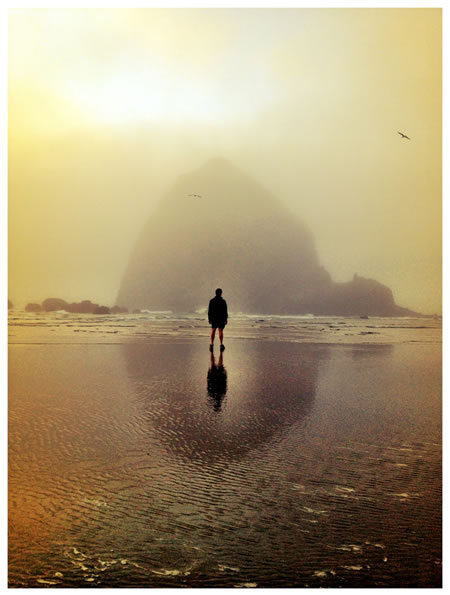
A Love of the Ocean, the Sea of allegory — the original maker, the storyteller of us all
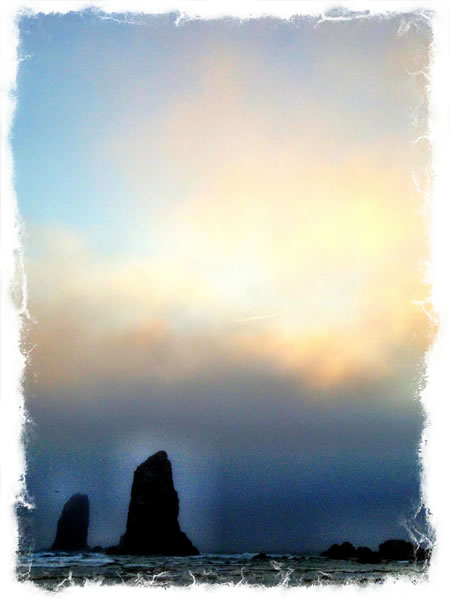
When I was a child, growing up, Eastern Washington, in Spokane — sometimes [not always] my parents would inquire, “it’s time for a vacation, where would you like to go?”
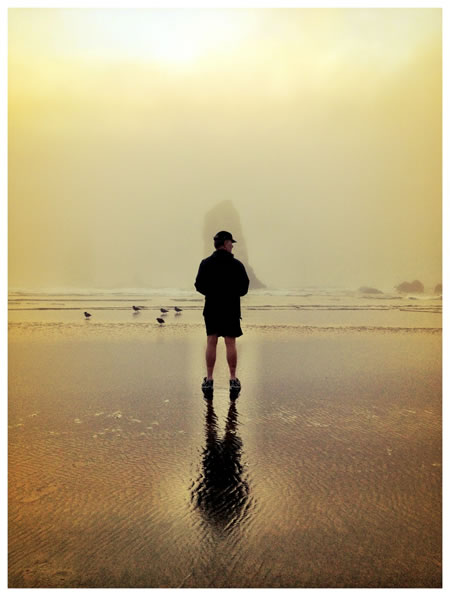
There was only one place that I liked to go — and that was “the ocean.” Kalaloch, more precisely — an ancient storm point off the Olympic Peninsula, on the coast, boasting remotely wilder shores of love, nature, sand, fog and mists, roaring storms and the perpetual cries of migratory fowl.
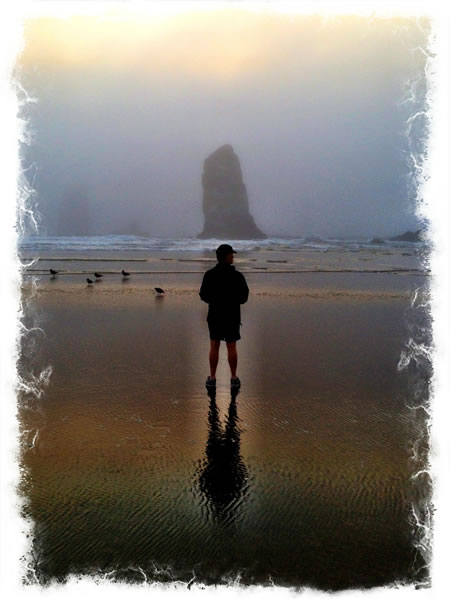
I loved [and love] the perpetual sound of the Sea, the smell of it, the holistic tactile character of it all — sight, sound, smell and touch, the marine taste of salt on the air, veiled in sheaths of mist, blown like spume from the curling storms. Danger was there — [and that’s what we’re looking for] adventure was an added implication — there were risky cliffs, precariously pitched trees and challenges in the surf — rip tides, undertows, tidal surges and lost spits, coast crossings, big crashing waves rolling monstrous driftwood trees and stump carcasses and sneaker waves.
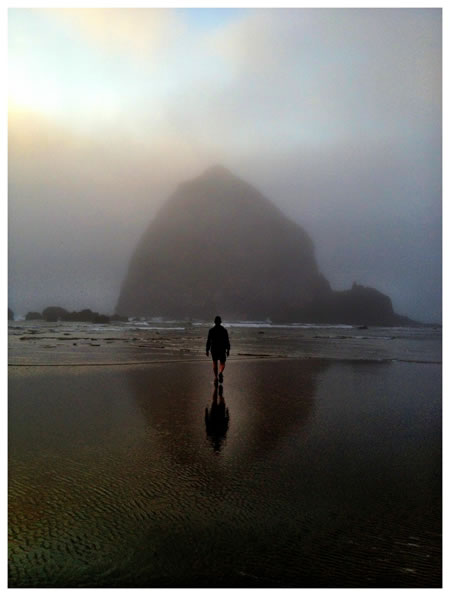
It was said “never turn your back on the sea…” which I’d always presumed was a reference to a kind of prayer-like vigilance, like an acolyte [which I was, then] being in an altar processional — “as you approach, bow in reverence.” I’d bow at the Sea, the Great Mother of us all — or so I envisioned her.
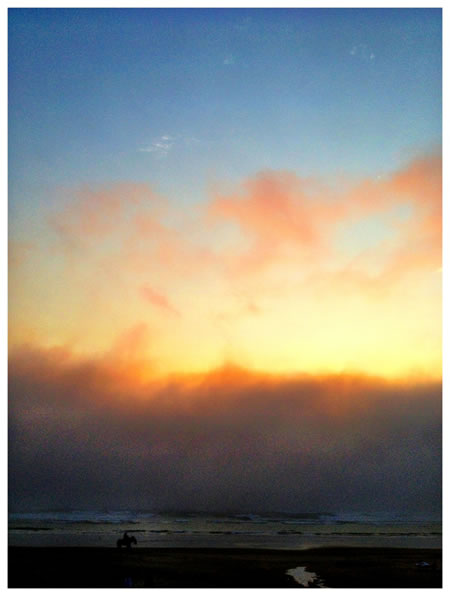
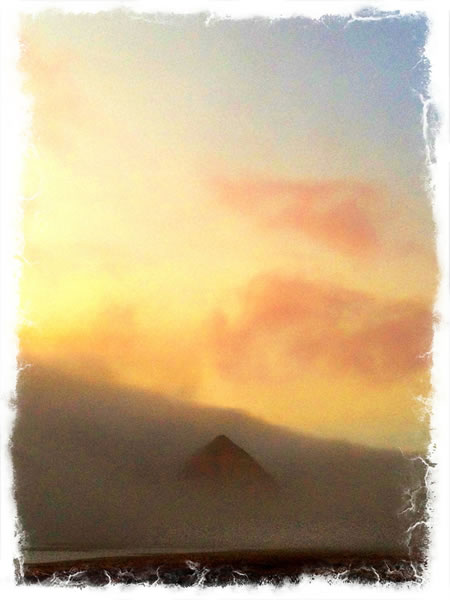
The caravan, a journey that draws others in the threading of experience, in an exploration — indeed, any allegory is a story to be shared.
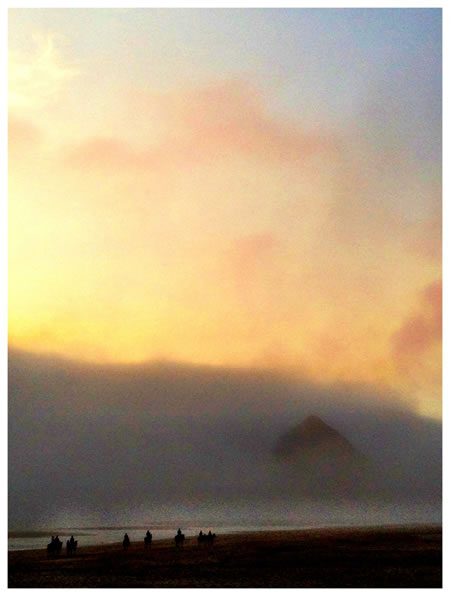
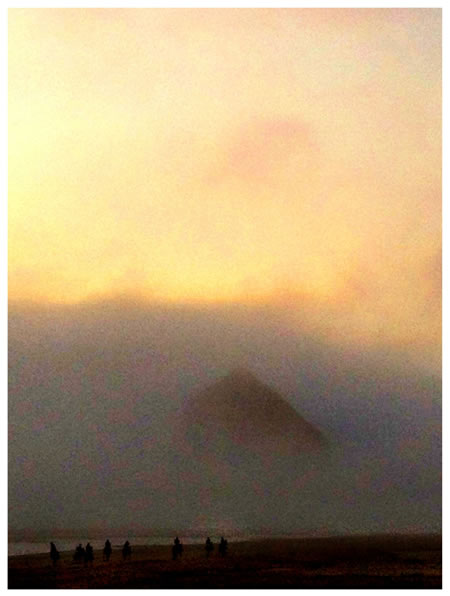
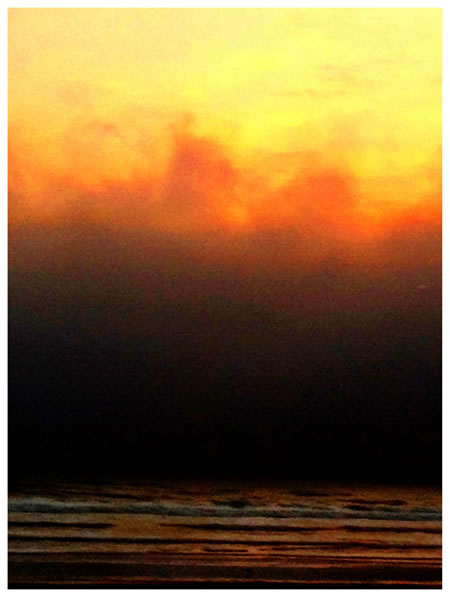
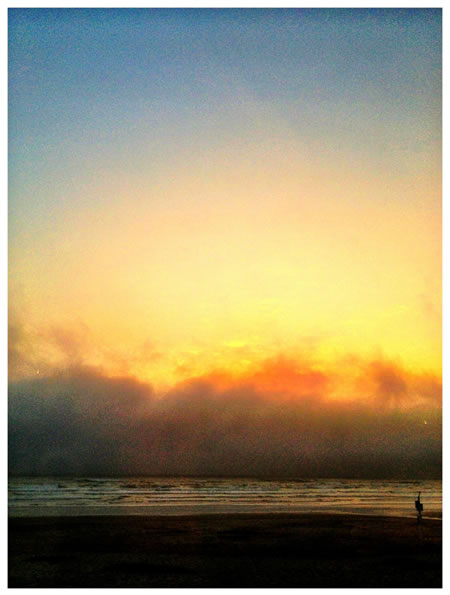
It’s been decades since we, as a family, have been to the sea — especially the north coasts of Washington’s Olympic Park beach vistas, running literally hundreds of miles — from the north tip of the channel into the San Juan Archipelago, down to the mouth of the Columbia River. It’s not pristine tourist-ville, rather, in the tradition of New Era lodge craft — hand-hewn and mighty. We always camped, never lodged. The shores a lined with the outflow from the egress of the major rivers, and the inner channels of the Peninusula — the Hood Canal. With detritus and wave action, trees pass to the Sea, rise off the sandbars at massive, lunar tidal shifts, and choke the shorelines with inner pools of tide-wash zones, brackish swamps, to create salty ecological systems of wonder [for young naturalists].
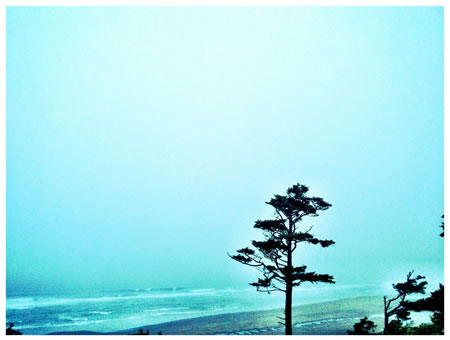
Returning to the long sea shores — not Washington, but Oregon, I walked out into the mist — as I am prone to do — walking to where you can barely see.
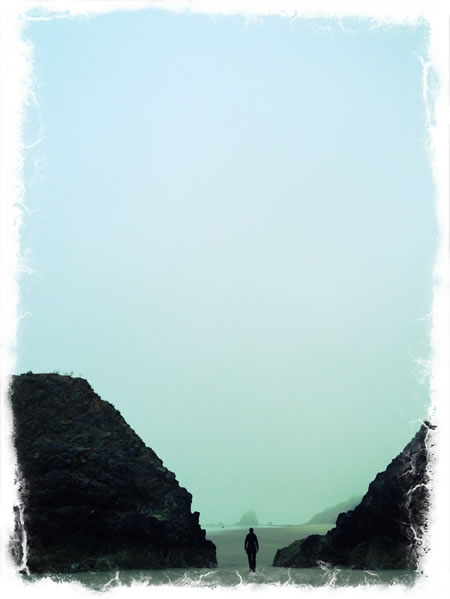
What metaphor, to my line of work? Often times, enterprises are cloaked — and only in walking closer, into the mist of them, you can see more — to the truth, close-up — and seeing into, walking into the mist — what might not be there, at the distant and closer running, will reveal more in sensed and examined proximity. You go in, see, sense, listen, touch — and more is seen, in scene.
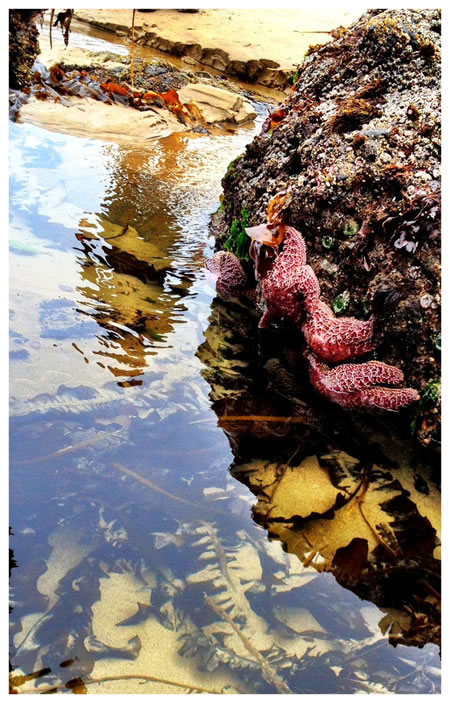
Walk into it, the deep or shallowed, colored pool — in depth, shadows tell new stories. Reflections cast a new path of insight — you see what is you, you hear what you are listening to — and you shall voice what you might be speaking.
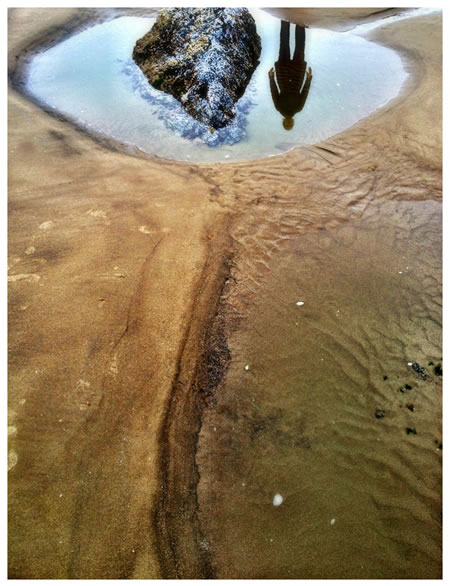
There are lessons to be learned — in looking. Pools will show themselves, in gathering knowledge, understanding ecosystems, business, human kind clustering, storytelling and sharing.
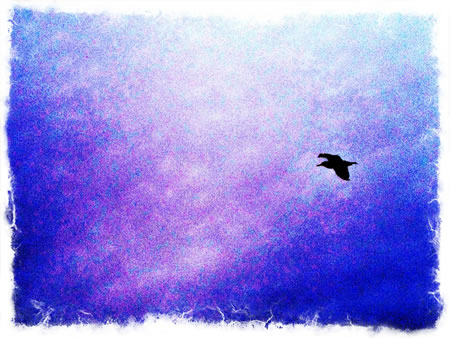
Going into the mist, you — the seeker — fly into the heart of seeing nothing, yet then again, seeing everything.
Tim | North Coast shores, Oregon
…..
G I R V I N | THE QUEST FOR IDEAS
INNOVATION WORKSHOPS
CREATING STRATEGIES, PRODUCTS, IDEAS FOR CHANGE.
http://bit.ly/vfzyEU